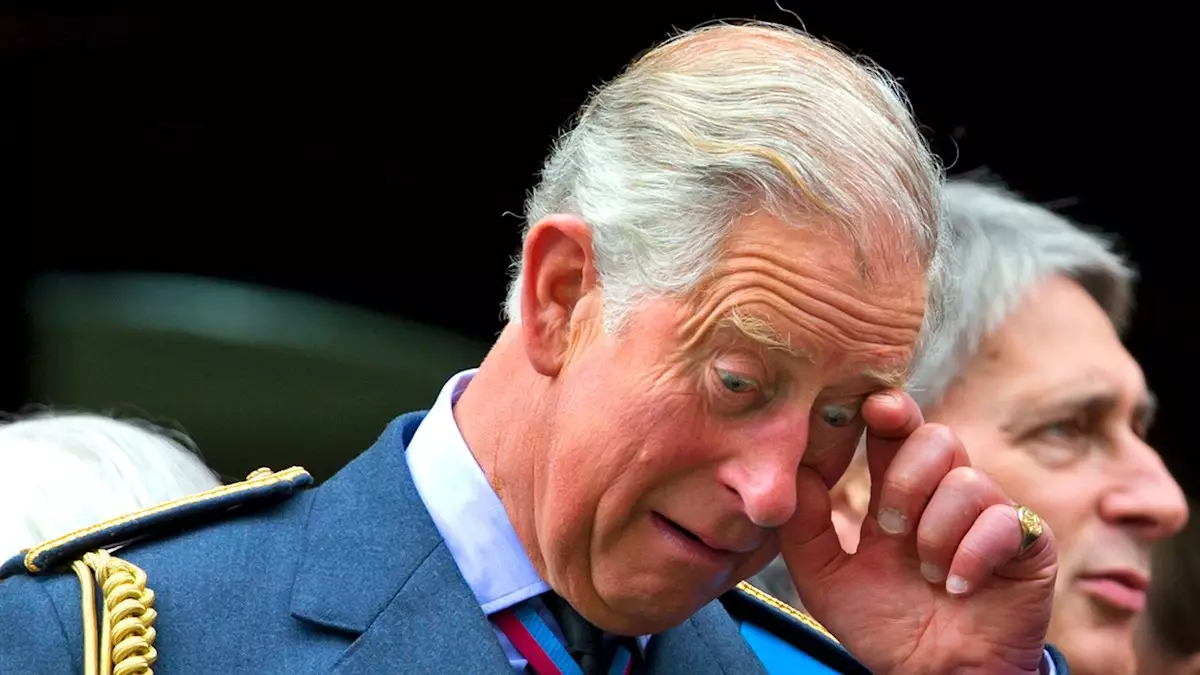In a matter of a year, the narrative surrounding King Charles III’s health has transformed significantly, juxtaposing traditional royal privacy with an inadvertent glimpse into his medical affairs. Following the announcement of his cancer diagnosis, Buckingham Palace maintained its commitment to confidentiality by refusing to disclose details about the physicians tending to the monarch. This policy aimed to preserve the dignity and discretion of royal health matters in the face of heightened public interest. However, an unintended revelation occurred during the New Year Honours list when King Charles recognized members of his medical team, promptly shedding light on the professionals who have played crucial roles in his treatment.
The decision by King Charles to bestow Royal Victorian Orders (RVO) upon Dr. Douglas Glass and Professor Richard Leach illustrates the deep gratitude the monarch holds for those supporting him in his health journey. Dr. Glass, who served as Queen Elizabeth II’s apothecary and was present at Balmoral during her passing, symbolizes a legacy of medical care within the royal family. In parallel, Professor Leach, a consultant at King Edward VII’s Hospital, is renowned not only for his expertise but also for the long-standing trust placed in him by the royal family across generations. Such recognition underlines a broader appreciation of the often-overlooked vital role healthcare professionals play in royal circles.
While the public can occasionally glimpse the faces behind royal medical care, the multi-layered structure of the Royal Medical Household remains enshrined in tradition. With the recent appointment of Dr. Michael Dixon as head of this division, the monarchy has introduced a nuanced layer of healthcare that reflects more modern, holistic approaches. Dr. Dixon’s background as a general practitioner with over five decades of experience is complemented by his advocacy for complementary treatments. This divergence from conventional medical practice invites scrutiny but also highlights an evolving conversation on how health practices can merge to benefit patient outcomes.
The palace’s statement concerning Dr. Dixon’s beliefs about homeopathy reveals a significant balancing act within royal healthcare. Although he does not endorse the use of alternative medicine as a standalone treatment for serious illnesses like cancer, his advocacy for safe and evidence-based complementary therapies opens the door for future integration of varying medical approaches. As King Charles has shown a proclivity for patient choice and alternative treatments, the royal family’s healthcare practices appear to be shifting towards a broader acceptance of diverse medical philosophies.
As King Charles III continues to navigate his health challenges, the implications of his treatment approach will likely resonate beyond Buckingham Palace. His commitment to a transparent yet respectful dialogue around medical care sets a precedent that might influence public perceptions of health and wellness not only within royal circles but also in society at large. As the monarch actively engages with both conventional and complementary practices, he may inspire a more comprehensive understanding of healthcare that respects both tradition and innovation, ultimately advocating for a more patient-centered approach.

